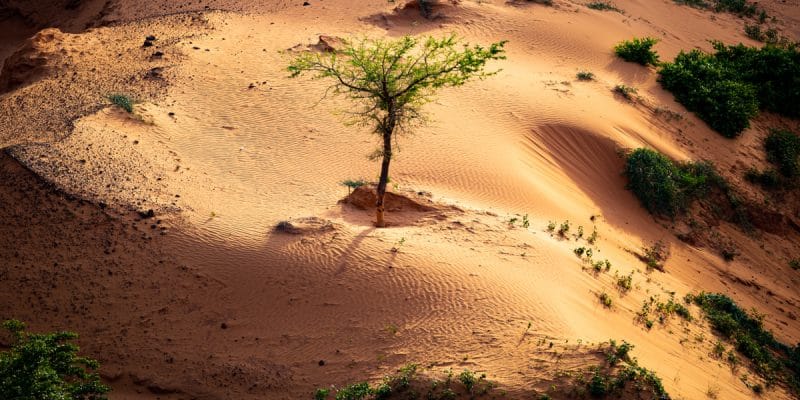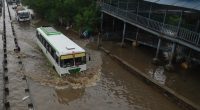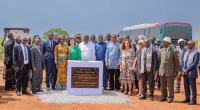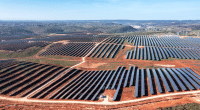The 15th Conference of the Parties to the United Nations Convention to Combat Desertification (COP15) will be held from 9 to 20 May 2022 in Abidjan, the economic capital of Ivory Coast. Some 5,000 participants from 197 countries will work on the theme of "Restoration of drylands and degraded forests for a future agriculture". This is what emerged from the press conference held on January 24, 2022 by the Ivorian government and the representation of the United Nations system.
We know a little more about the 15th United Nations Conference to Combat Desertification (COP15). The calendar of the event provides for an official launch on February 17th, 2022 in Abidjan, where the actual conduct of work will take place two months later, from May 9 to 20, 2022, under the theme of “Restoration of drylands and degraded forests for future agriculture. The site of the event planned on the banks of the Ebrié Lagoon, will consist of 100 stands and an ecological village. It will host 5,000 participants, including 1,000 experts, from 197 countries.
During the event, Ivory Coast, the host country, will be the focal point for global environmental diplomacy on sustainable land management issues. The West African country will hold the presidency of the United Nations Convention to Combat Desertification and Drought for two years. According to the organizers, this is the only international agreement binding states on sustainable land management. The 15th session will result in a final declaration, called the “Abidjan Initiative”.
A critical context
On June 14, 2021, Ivory Coast agreed to host the COP15 on combating desertification. This was two years after the COP14 held from 2 to 13 September 2019 in New Delhi, India.
Read also-AFRICA: Four million hectares of forest disappear each year
The “Abidjan Initiative” will be adopted in a critical context. According to the scientific experts of the United Nations system, more than 2 billion hectares of land are degraded in the world. More than 70% of the planet’s natural ecosystems have been transformed and by 2050, this rate could reach 90%. In addition, 250 million people are affected by desertification and about 1 billion people live in one of the 100 countries at risk.
Boris Ngounou







